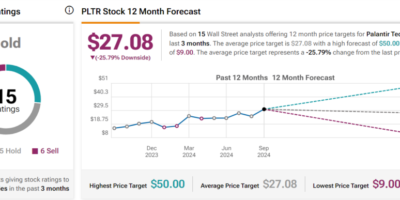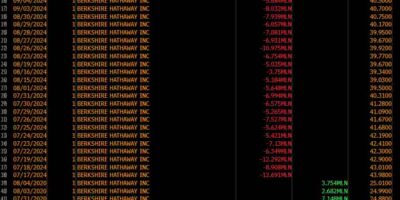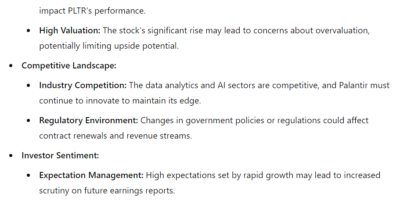Enacted in 2012, the STOCK Act aims to increase transparency among U.S. Congress, Senate, and House of Representatives members regarding their stock trades by requiring them to disclose their trades no later than 45 days; however, U.S. politicians regularly violate this Act by disclosing their trades after the envisioned period.
On July 24, an updated bipartisan bill called the “ETHICS Act” passed the U.S. Senate Homeland Security and Governmental Affairs Committee (HSGAC) with bipartisan support. The bill aimed to completely prevent U.S. politicians, their spouses, and their dependent children from trading individual stocks.
However, since then, ten members of the U.S. Congress have been caught violating the current STOCK Act, which is still in power until and unless the new ETHICS Act is passed.
These U.S congress members violated the STOCK Act by filling their trades late
Since July 24, the following members of Congress have violated the STOCK Act:
Representative Stephen Lynch, Representative Jared Moskowitz, Representative Michael McCaul, Representative David Joyce, Representative Sean Casten, Representative Stephanie Bice, Representative Thomas Kean Jr., Representative Ruben Gallego, Senator John Fetterman, and Senator Bill Hagerty, according to the data compiled using Finbold’s Congressional stock trade tracker on August 15.
These trades were reported after the legally required 45-day period, and their combined worth is over $3 million.
Most notable violations of the STOCK Act by Congress members
Two instances notably stand out among the ten different U.S. politicians who reportedly violated the STOCK Act.
The first is the case of Senator John Fetterman, who committed 31 STOCK Act violations with stock trades involving his children, while others were made in companies he directly oversees.
Another instance is by Representative David Joyce, who sits on the House Ethics Committee and is directly tasked with enforcing the STOCK Act; the trade that violated the Act was his sale of Boeing (NYSE: BA) stock made over a year ago.
An unprecedented number of violations by U.S. politicians has plagued the previous 45 days, with fines of $200 per late trade; the question remains whether the current Act is strict enough to discourage insider trading in Washington, DC.
Buy stocks now with eToro – trusted and advanced investment platform
Disclaimer: The content on this site should not be considered investment advice. Investing is speculative. When investing, your capital is at risk.
The post Here’s how many times Congress violated STOCK Act since new bill was advanced appeared first on Finbold.





